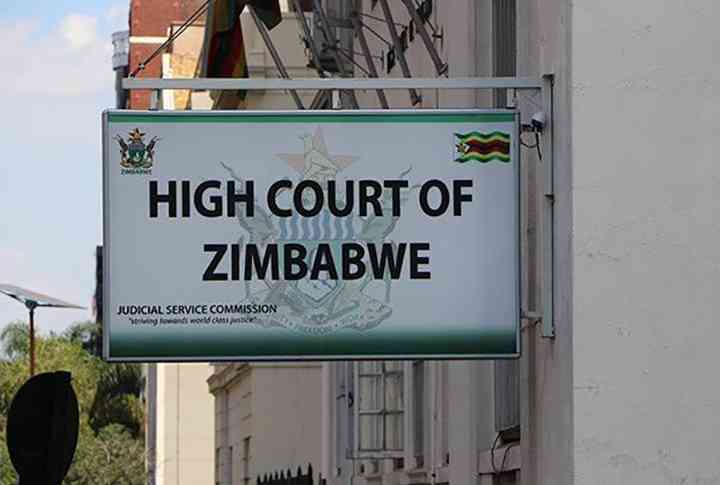
A RETURNING citizen has lost a High Court case against the Zimbabwe Revenue Authority (Zimra) after she sued the authority for refusing to clear her Honda Fit vehicle using a duty-free rebate.
Tendai Kaseke cited Zimra as the respondent in her application which was dismissed by High Court judge Justice Siyabona Musithu.
According to the background of the case, Kaseke had been absent from the country for more than six years.
As a returning resident, she qualified for the immigrants’ rebate which entitled her to import a vehicle of choice duty free, among other things.
Kaseke purchased a 2010 Honda Fit Hybrid on January 13, 2022 hoping to benefit from the immigrant’s rebate upon her return to Zimbabwe.
The invoice confirming the purchase of the vehicle was issued on January 15, 2022 by Questroyal Investments in Durban, South Africa.
The court heard that on February 16, 2022, Kaseke was denied the immigrants’ rebate by Zimra on the ground that she did not own the vehicle six months prior to her time of arrival.
Kaseke then sought a review of that decision in terms of the Customs and Excise Act.
- High Court throws out ex-NetOne boss application
- Zimra seizes CCC campaign vehicle
- Court dismisses Katsimberis application
- Firearms smuggling suspect weeps in court
Keep Reading
Her request was turned down by Zimra’s regional manager.
She appealed to Zimra’s Commissioner for Customs and Excise, but she was turned down leaving her with no other option than to approach the courts.
Kaseke contended that Zimra made a mistake in law.
She submitted that amendment regulations, which came into effect on January 17, 2022, could not affect rights and interests that were already vested.
She further averred that her right to equal protection and benefit of the law had been violated and averred that the law had been applied to her retrospectively.
Kaseke submitted that the new law was supposed to apply from the date of its promulgation going forward.
But Zimra argued that Kaseke was denied the rebate because she did not qualify for that facility in terms of the amendment regulations.
It argued that her time of arrival was January 30, 2022, at least two weeks after the amendment regulations were promulgated.
Zimra submitted that Kaseke ought to have challenged the validity of the new law and not the tax authority.
In his judgment, Musithu said he found nothing ambiguous in the construction of the law.
"The applicant (Kaseke) was expected to satisfy the commissioner that the vehicle was fully paid for at least six months before her time of arrival,” Musithu ruled.
“The applicant does not dispute that her case falls outside the ambit of the law thus disqualifying her from benefiting.
“It is unfortunate for her that the law was changed on the eve of his return to Zimbabwe. But then it is the law.”
The judge said Kaseke must have petitioned the court to interrogate the lawfulness of that law.
"The law may appear unreasonable in terms of its consequences, but it must be complied with until the court declares it unconstitutional,” the judge said.
“I have already noted that the applicant has not approached the court for the striking off of the amendment regulations on the basis that they are unconstitutional."
Musithu said Kaseke indeed had a legitimate expectation that she would enjoy the returning citizens’ rebate.










